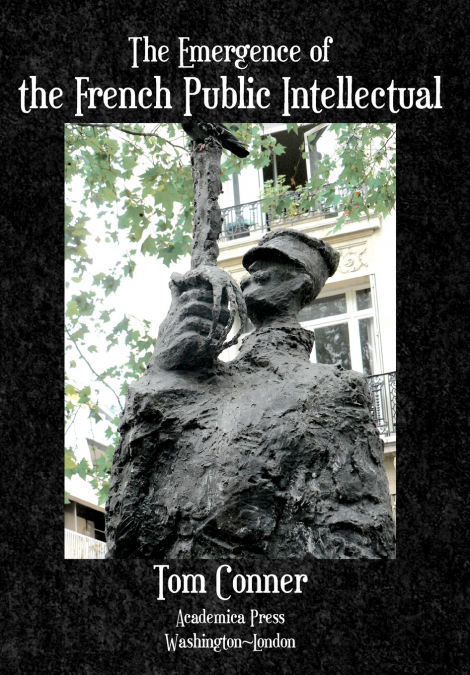
 Librería Perelló (Valencia)
Librería Perelló (Valencia)
 Librería Aciertas (Toledo)
Librería Aciertas (Toledo)
 Librería Elías (Asturias)
Librería Elías (Asturias)
 Donde los libros
Donde los libros
 El AlmaZen del Alquimista (Sevilla)
El AlmaZen del Alquimista (Sevilla)
 Librería Kolima (Madrid)
Librería Kolima (Madrid)
 Librería Proteo (Málaga)
Librería Proteo (Málaga)
The Emergence of the French Public Intellectual provides a working definition of 'public intellectuals' in order to clarify who they are and what they do. It then follows their varied itineraries from the Middle Ages through the Renaissance and the Enlightenment to the nineteenth century. Public intellectuals became a fixture in French society during the Dreyfus Affair but have a long history in France, as the contributions of Christine de Pizan, Voltaire, and Victor Hugo, among many others, illustrate. The French novelist Émile Zola launched the Dreyfus Affair when he published 'J’Accuse,' an open letter to French President Félix Faure denouncing a conspiracy by the government and army against Captain Alfred Dreyfus, who was Jewish and had been wrongly convicted of treason three years earlier. The consequent emergence of a publicly-engaged intellectual created a new, modern space in intellectual life as France and the world confronted the challenges of the twentieth century.